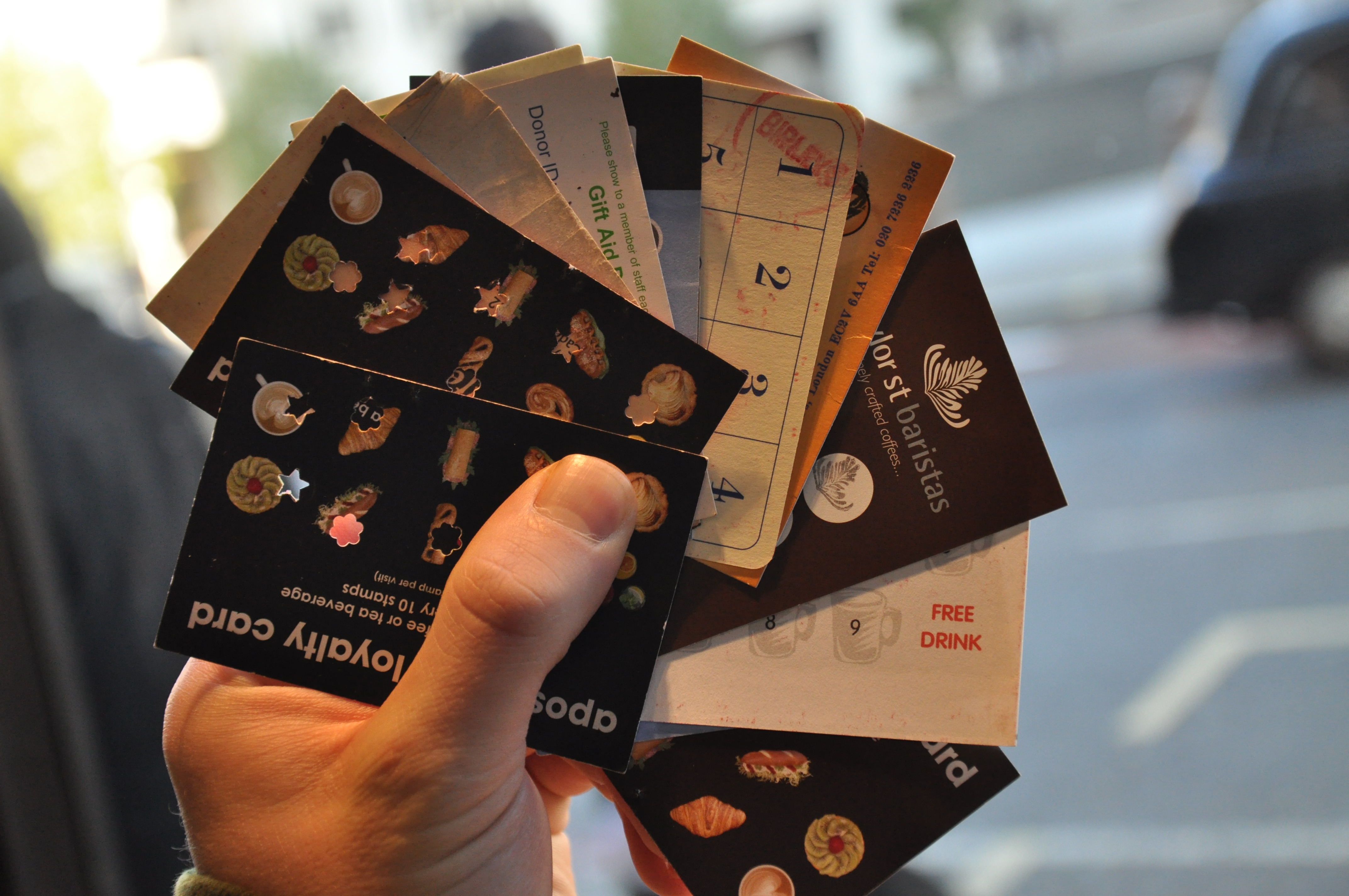Repetition, repetition, repetition
Passive v. Active
But what does it cost?
Steps in couponing
1. Get a paper2. Look through paper to find ad sections
3. Identify coupons of interest
4. Cut coupons
5. Read coupons for limit, exclusions, conditions, etc.
6. Go to the store
7. Remember to bring coupons
8. Find specific product the coupons pertain to
9. Make sure to buy in accordance with the coupon rules (see #5)
10. Remember to use all coupons when checking out
...That is a LOT of steps...
Now some math
Let's say there are 200 coupons in a given paper, you are actually interested in 5% of them (10 coupons), and the average discount is $1.00. So in theory, this paper is worth $10.00, right? This would be true if it were as easy as just having the coupons in hand, but unfortunately there are lots more steps between you and that $10.00. At this point you should be asking questions like "How much time will it take to get the coupons? How much is my time worth? Will I actually be able to get all $10.00 in discounts?"Here are some quick estimations of the cost in our scenario (I used the average hourly wage as an estimate of the value of time):
1. Buy the paper ~ $1.00
2. Time to locate and clip coupons in paper ~ 15 min @ $25.00/hour = $6.25
3. Extra time in the store searching for specific coupon items ~ 15 min @ $25.00 = $6.25
4. Additional dollars spent to reach minimums or limitations on the coupons ~ $2.00
Wait a minute...
In our quick example the total cost of those $10.00 in coupons is $15.50! That means using the coupons is actually costing us $5.50! Even looking at just the time involved, we would have been off spending those 30 minutes working (we would have earned $12.50 which is still $2.50 more than the $10.00 in coupons). That doesn't even account for the fact that the chances of being able to use all 10 coupons is slim. Plus, remember back to the goal being exposure? In our scenario you have now spent at least 30 minutes directly thinking about and engaging with the brand that sent out the coupon WITHOUT savings any money...Sneaky SneakyAt the end of the day, the question is whether or not the coupons are worth the time it takes to use there. There are some instances in which they do, but for the most part I would argue that conventional coupons amplify the amount of time you spend thinking about a product without actually saving you a proportionate amount of money.
What do you think about the time coupons take vs. the money they save? Do you think they are a worthwhile pursuit?
Thanks for reading!Chris














